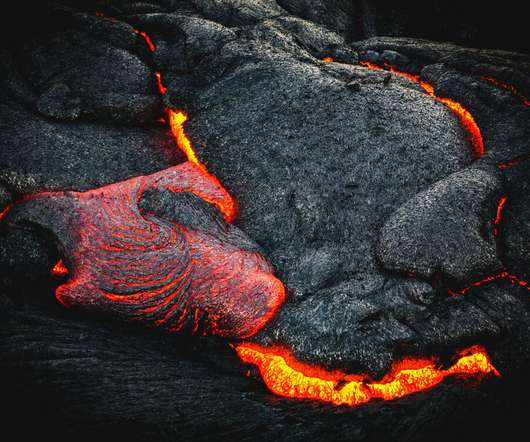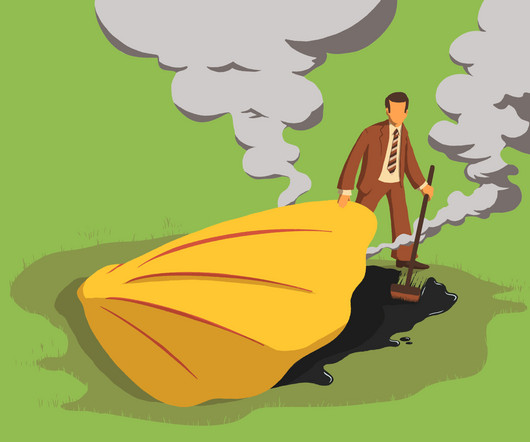Understanding the Anthropocene, Resilience Thinking, and the Future of Industry
Green Business Bureau
JANUARY 18, 2023
The word Anthropocene was coined by biologist Eugene Stormer and chemist Paul Crutzen in 2000 and has since gained popularity and acclaim. . Nitrogen and phosphorous are both essential for plant growth, thus they are made into fertilizers that pollute waterways and coastal zones, and accumulate in the world’s soil and land.














Let's personalize your content